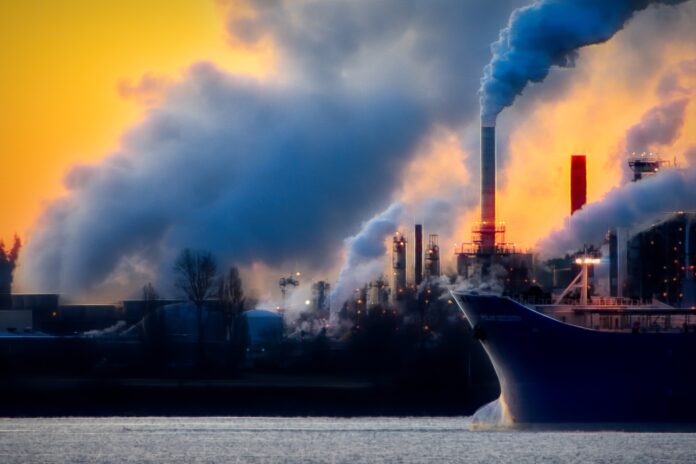Source: MakeLemonade.nz
Ōtautahi – More than a third of New Zealand businesses have taken action on climate change in the last two years, Stats NZ say.
Reducing waste, switching to sustainable suppliers, and increasing the use of digital technologies were some of the changes businesses made in response to climate change.
The results are from a Stats business operations survey in which over 7000 New Zealand businesses with six or more employees took part.
The most common reasons businesses took climate change-related actions were demand from management, board, or employees, and demand from customers. Businesses also cited public opinion and having experienced the physical impacts of climate change as reasons they made changes.
Of those businesses that acted in response to climate change, 10 percent measured their direct greenhouse gas emissions, while six percent measured their indirect greenhouse gas emissions in the last two years.
Direct greenhouse gas emissions are from sources controlled by the business such as natural gas used to heat a building, or the fuel used in trucks operated by the business.
Indirect greenhouse gas emissions result from activities across the supply chain. This included a business in the service industry this could include emissions from the generation of the electricity it uses, or from the disposal of its waste.
The survey showed businesses in industries were major contributors to direct greenhouse gas emissions, such as agriculture and power and waste, were more likely to develop programmes to offset their emissions, compared with other businesses.
Cost is a main factor for businesses not taking action to reduce greenhouse gas emissions
One in five businesses reported that cost was the main reason that stopped them from making changes to reduce their greenhouse gas emissions or adapt to climate change.
Other reasons given were lack of management resources, lack of viable technology, and having other priorities.
In 2021, 45 percent of businesses surveyed planned to take steps over the next five years in response to climate change.
Ten percent of businesses planned to measure their greenhouse gas emissions over the next five years. They were more likely to do so in the agriculture, forestry, and fishing (25 percent), mining (24 percent), electricity, gas, water, and waste services (23 percent).



